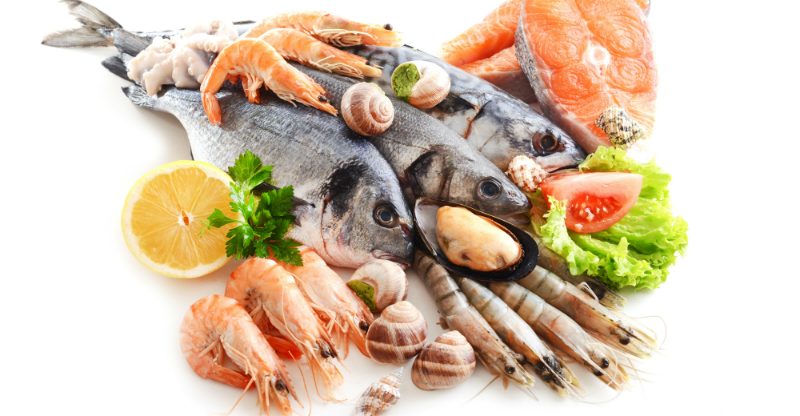In theory raising organic beef shouldn’t be a problem, but most beef producers will quickly tell you that’s not always the case. Raising organic beef can be every bit as complicated as raising organic fruits and vegetables. In some ways it can be even more so.
One of the hardest parts that organic beef farmers encounter is trying to feed their cattle. If they are lucky, the farmers will have enough land to not only raise a nice herd, but to also create enough feed for the cattle. In organic situations this is the ideal setup. By raising their own feed, the beef producer knows exactly how the grass and grains they use to get their market steers up to weight came from.
If a beef producer wants to raise organic beef but doesn’t have the necessary amount of land, they face the challenge of finding enough feed to keep their cattle going. While this can be a challenge for all beef producers, organic farmers face the additional challenge of having to make sure that every single bit of grain, grass, and hay the animal gets fed has been also raised organically. They can’t just run to the closest hay producer and pick up a wagon load of hay from the hay. They can’t request the grain elevator mix up just any batch of corn. Doing so would cost them their organic certification, and it would take another three years to get it back. Organic meat producers need to make sure they establish a contract with another organic farmer, and they have to hope the other farmer lives close enough that they don’t have to deal with high shipping costs.
Getting livestock up to the same weight as the competition can also be a challenge. It takes more than a year for a steer to go from birth to market weight. One of the reasons so many non-organic producers turn to growth hormones is because shaving a single month off the amount of time it takes to finish the steer, means a significant reduction in their costs. Organic producers can’t use any growth hormones, or even turn to some of the feed supplements that can be used to hasten the amount of time it takes their livestock to reach sale weight.
Vet care can be another challenge. Even though most organic beef is raised in a manner to try to reduce the number of health risks an animal receives, beef cattle, like humans, can still get hurt and sick. When this happens, it’s important that the producer and the veterinarian work together to come up with a series of antibiotics that will help the animal return to full health, but not compromise it’s organic certification.



